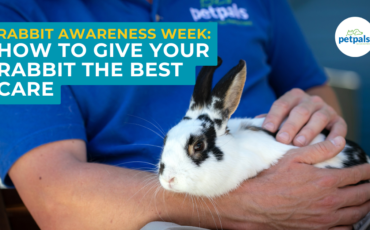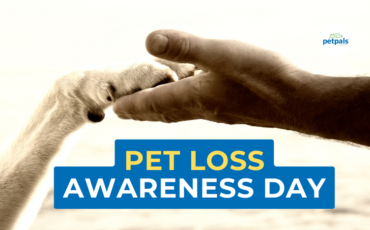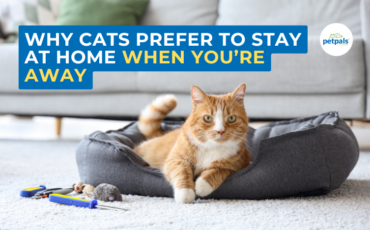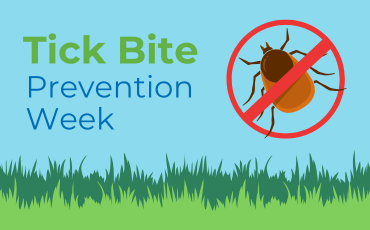Guide to cats – territories and ranges
10th February 2017
What are territories and ranges?
Basically, a cat’s territory is the area which it will defend (from other cats); the range will be larger and is the total area it inhabits or requires to feed itself in the case of a feral cat. Male cats have larger ranges than females.
How large is a cat’s range?
Studies have shown that the size of the range relates to the availability of food therefore an urban domestic cat that is fed by its owner, will have a small range – not much larger than its own garden and possibly the neighbour’s too. Rural cats will range over a larger area and semi-feral or farm cats will inhabit an even larger area in search of food, while still defending the territory or ‘core area’.
Feral cats
In a feral cat community, the tom will have a large range that overlaps the ranges of nearby females. He will defend the whole territory including that of the females within the group which incidentally are likely to be genetically related.
Town cats
In towns and suburbs domestic cat’s ranges are more confined and because cats consider their owners not only as a food source but as a kind of cat, with a common ‘core area’ (the house, female cats will defend it against neighbouring cats as if they are members of another group. The males will still maintain a range that overlaps that of several females and if a property contains a confined house cat, other cats will utilise that garden as well. As most domestic cats are neutered, the group is normally unrelated but the territorial behaviour is the same.
Household pets like dogs, rabbits and hamsters are more restricted in their movements than free to roam cats, who don’t just wander randomly but will set their own territorial limits. The fence between your garden and the neighbour’s is not necessarily a barrier, it’s more likely to be the presence of next door’s cat and between them they will work out each other’s territorial limit.
New cat on the block
When a new cat moves into the area there may be a period of adjustment leading to stress and behavioural problems such as a reluctance to go outside or soiling in the home until the dispute is resolved and territorial confidence is restored.
Where you go, they will follow
Territorial confidence can also depend on how much an owner makes use of an area. For example, if the garden is seldom used it may be that the cat rarely does so either. Cats are seldom far away when people are digging, weeding or just sitting outside. They will find favourite sunny and shady places to snooze, a preferred toilet area, and patrolling and guarding points with paths linking them, all carefully marked using scent.
Next time: Scent Marking

Petpals has over 50 operations covering most of the United Kingdom with most carers offering cat visits. We can also arrange to take your cat to the vet if you are at work and unable to attend the appointment. For more on our cat sitting services, please click here and to find your nearest Petpals carer, please click here.
All of our pet carers are security checked, insured and carry an ID badge so you can rest easy that your furry friends are in the best possible hands.
Are you a cat lover, crazy about animals? Would you like to own your business caring for pets? If so, we would love to hear from you, please click here for more information about how to make your dream come true working with animals.
Cat Sitting Services All Pet Services Franchise Opportunities Contact Us









